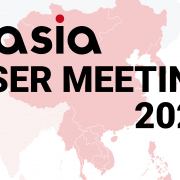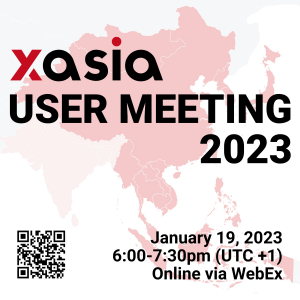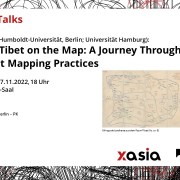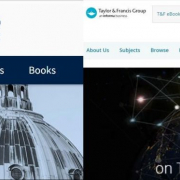Was wurde in Vietnam in den 1950er, 1960er und 1970er Jahren publiziert?
Kürzlich sind ca. 350 vietnamesische Bücher aus den 1950er und 1960er Jahren und der ersten Hälfte der 1970er Jahre aus dem Bestand der Staatsbibliothek dem Online-Katalog hinzugefügt worden. Es handelt sich dabei um ca. 250 in Nordvietnam und ca. 100 in Südvietnam erschienene Titel.
Mit dem Ende der französischen Kolonialherrschaft und infolge der Beschlüsse der Genfer Indochina-Konferenz im Jahr 1954 wurde Vietnam in Nord- und Südvietnam geteilt. Diese Teilung wurde erst mit dem Fall der von den USA unterstützten südvietnamesischen Administration und der Wiedervereinigung des Landes 1975 beendet. Der gesamte Zeitraum war von großen politischen Spannungen und Krieg gekennzeichnet. Insbesondere ab 1964 brach der Krieg, auch zweiter Indochinakrieg genannt, durch die Intervention der USA offen aus und wurde erst 1975 mit dem Sturz der Regierung Südvietnams durch den kommunistischen Norden beendet. Die unterschiedlichen politischen und sozialen Kontexte in den beiden Teilen Vietnams haben auch die Entwicklung der jeweiligen Literatur beeinflusst.
Während im sozialistisch orientierten Norden Themen wie der antikoloniale Widerstand, persönliche Kriegserlebnisse, Schilderungen von Heldentum, Landreform, die Revolution und die Rolle der Partei, das Leben der arbeitenden Menschen und der Aufbau des Sozialismus, die Literatur im engeren Sinne prägten und das Prinzip des sozialistischen Realismus das Grundgerüst dafür bildete, thematisierten im amerikanisch und französisch geprägten Süden Autoren außer dem Krieg die zunehmenden Veränderungen des Lebens durch die Anwesenheit der US-Truppen. Es wurden Liebesromane mit erotischen Zügen, Kriminalromane und satirische Geschichten publiziert. Philosophische Richtungen wie der Existenzialismus und Personalismus hatten Einfluss auf einige südvietnamesischen Autoren.
Unter den neu katalogisierten Büchern aus Nord- und Südvietnam befinden sich zahlreiche Romane, Sammlungen von Kurzgeschichten und Gedichten, Biographien von Dichtern und historischen Persönlichkeiten, literatur- und sprachwissenschaftliche Werke, einige Übersetzungen aus Fremdsprachen (z.B. „Das Majorat“ von E.T.A. Hoffmanns, Saigon 1962; „Shanxiang jubian“ von Zhou Libo, Hanoi 1960) sowie Werke zur Geschichte, Religion, Politik, Ethnologie, Recht u.a.
Hier können Sie die „neuen“ Titel durchstöbern.
Erwähnenswert ist, dass die Bücher aus Südvietnam teilweise attraktiv gestaltete Cover und Buchseiten haben.
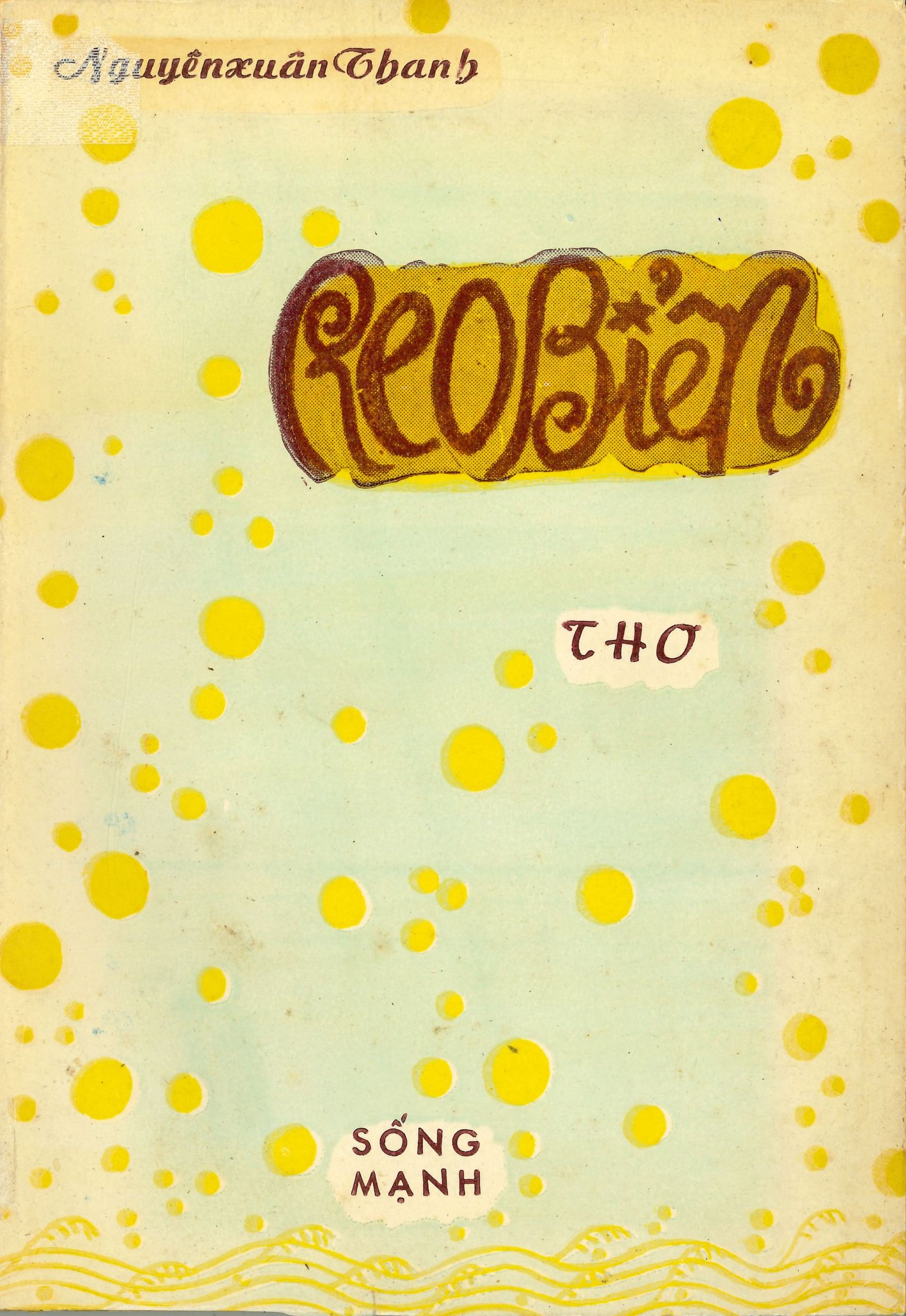
Gedichte von Nguyễn Xuân Thanh
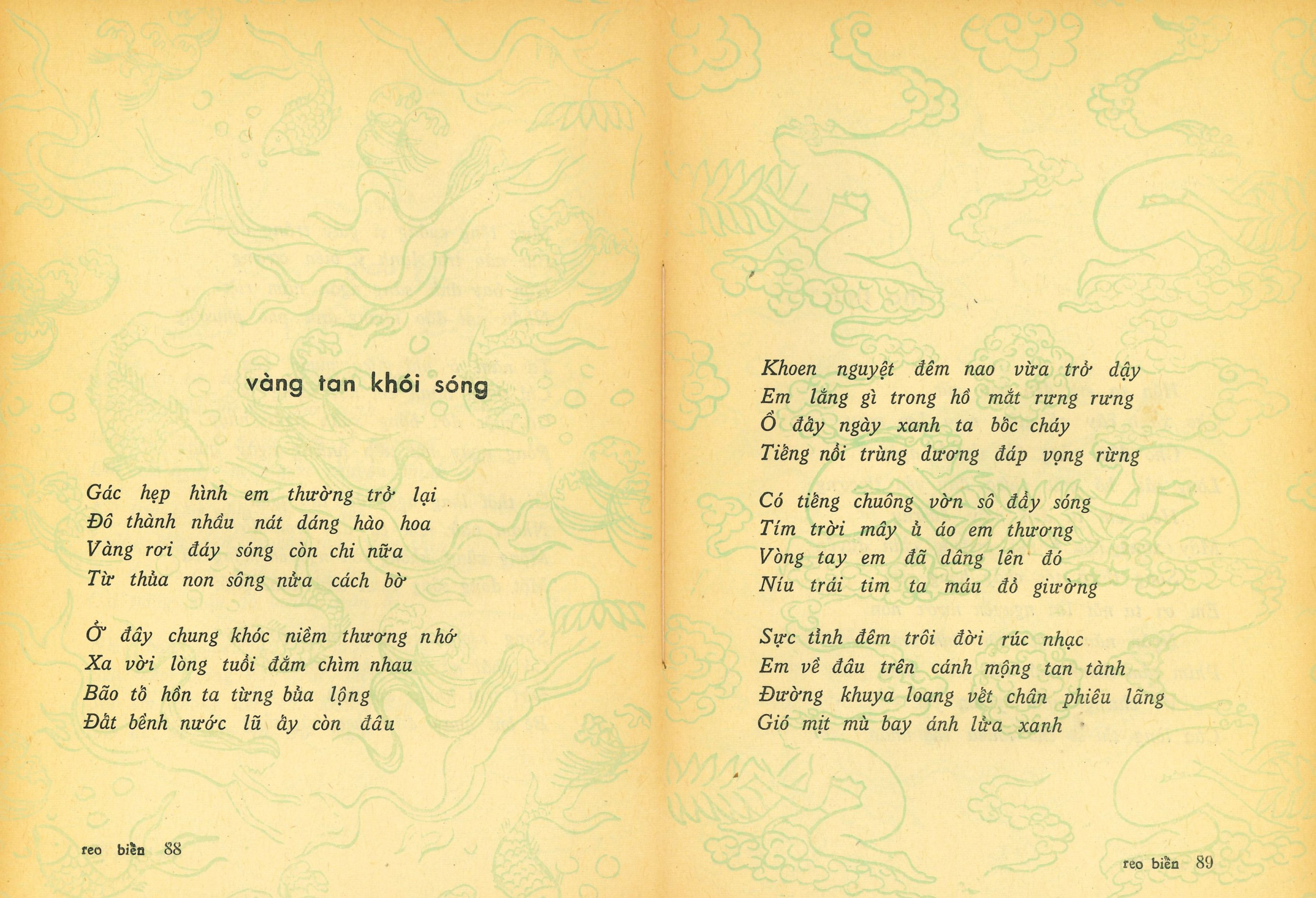
Die 350 Bücher bilden eine wertvolle Ergänzung zu unserer ca. 20.000 Bände umfassenden Vietnam-Sammlung. Bei zwei Dritteln der Bücher handelt es sich um Erwerbungen der Staatsbibliothek aus den 1970er Jahren. Die anderen Bücher sind zu einer späteren Zeit als Geschenk oder durch Tausch in die Bibliothek gelangt.
Wir danken Laura Plepelic vom Institut für Asien- und Afrikawissenschaften der Humboldt-Universität zu Berlin, die uns während ihres studentischen Praktikums bei der Katalogisierung genannter Titel unterstützt hat.
Weiterführender Literatur, die sich ebenfalls in unserem Bestand befindet:
Durand, Maurice M.; Nguyên-trân-Huân: An introduction to Vietnamese literature. New York: Columbia Univ. Pr., 1985
Engelbert, Thomas; Chi P. Pham (Hrsg.): Reading South Vietnam’s writers. The reception of Western thought in journalism and literature, Singapore, Springer, 2023 [http://erf.sbb.spk-berlin.de/han/1000702200/search.ebscohost.com/login.aspx?direct=true&scope=site&db=nlebk&db=nlabk&AN=3640156]
Hữu Ngọc: Anthology of Vietnamese popular literature. Hanoi, Foreign Languages Publ. House, 1984
Lê Thành Khôi: Histoire et anthologie de la littérature viêtnamienne des origines à nos jours. Paris, Les Indes Savantes, 2008

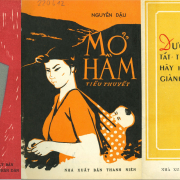 SBB-PK
SBB-PK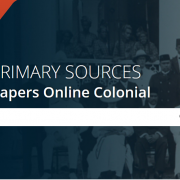

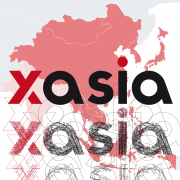

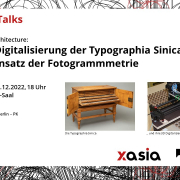 SBB; Illustrated Architecture
SBB; Illustrated Architecture